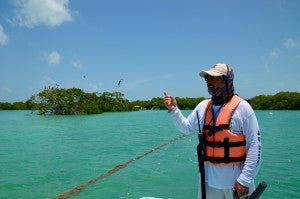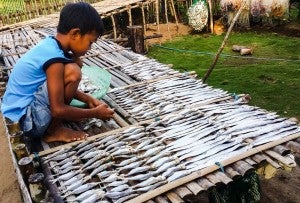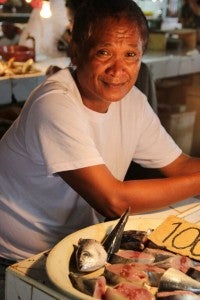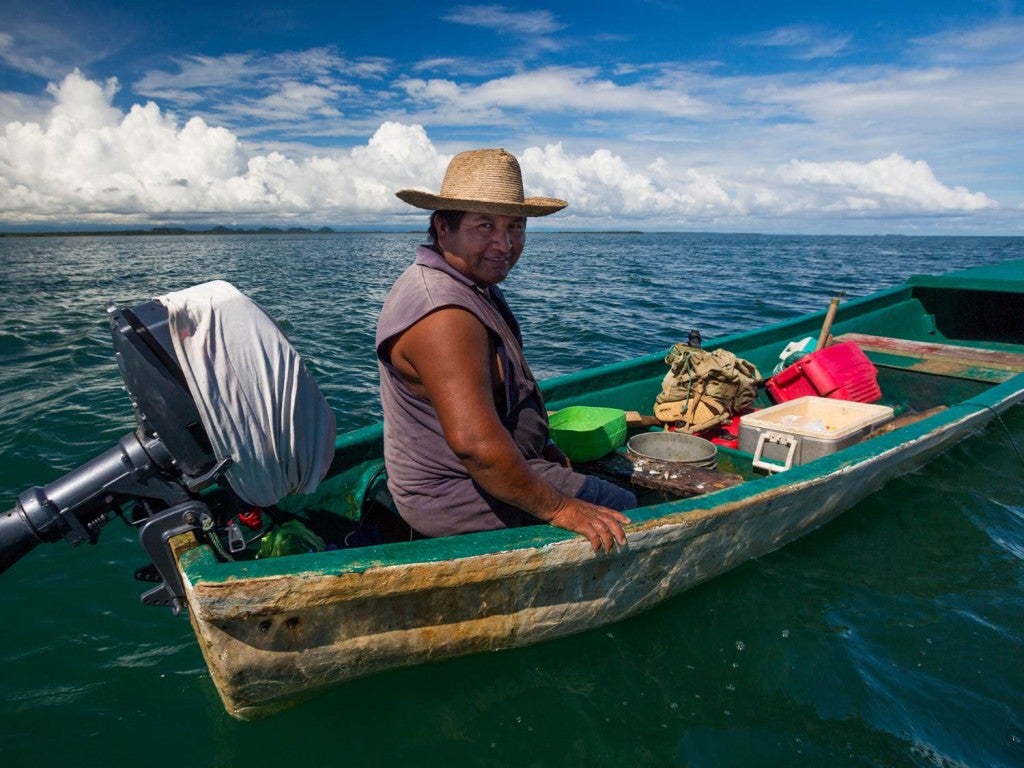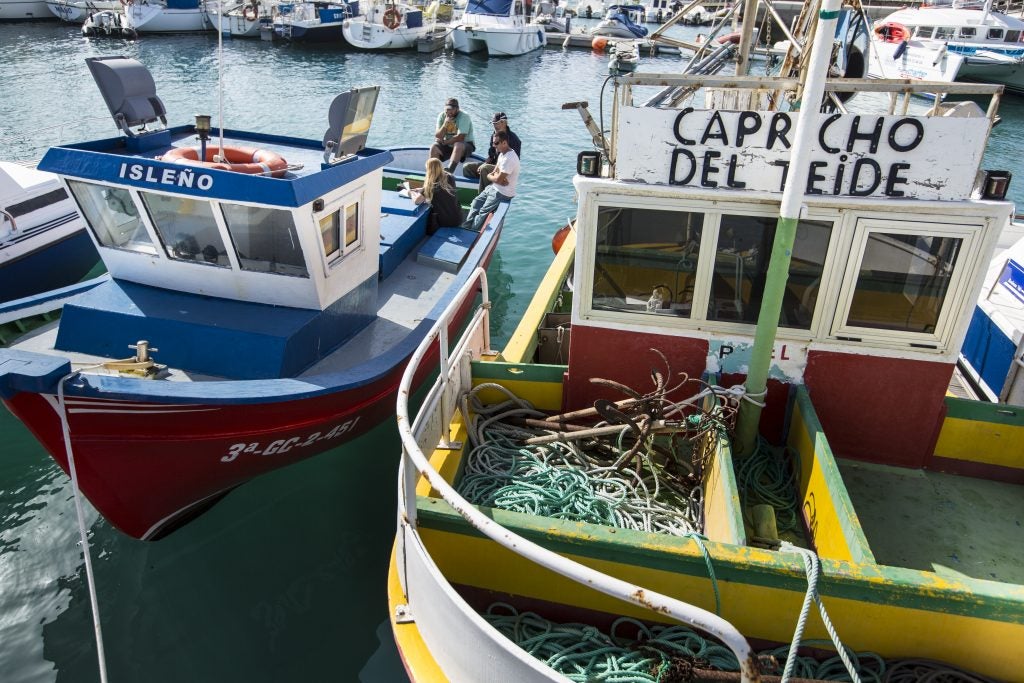
Credit: John Rae
Cast your mind forward – 10, 15, 50 years. What do you see? The world around us is changing: resource needs are transforming alongside a booming global population. Technology is evolving exponentially, informing how we respond to daily life. Our planet’s climate and the delicate balance of our oceans are under threat.
With over 3 billion people in this changing world relying on oceans for sustenance, where do fish, and fishing, fit into this future?
The world’s oceans have never been higher up the political agenda. Three major international events on ocean governance took place in the last month: the second UN Preparatory Committee on a legally binding instrument for the high seas; the IUCN global congress; and the star-spangled Our Ocean Conference, addressed by President Obama, COP21 President Ségolène Royal, and Leonardo DiCaprio (to name a few). Meanwhile, in London, HRH The Prince of Wales recently convened a meeting – through his International Sustainability Unit (ISU) – to ‘take stock’ of the global transition to sustainable fisheries, and scan the horizon for emerging challenges and opportunities. (Read the full meeting report here).
Fisheries and the future
A keynote speaker at the ISU event projected a global population of 18 billion, and a human life expectancy of 300 years (just around the corner – think your grandchildren, or their children). Another speaker forecast a 60 million ton shortage in seafood products in comparison to demand, within a generation. In a world where billions (often in the most food-insecure nations) rely on protein from fish and other seafood, this vastly increased pressure on resources paints a bleak picture for global fisheries and food security. But we see a brighter future where we can rebuild global fisheries for more fish, more food and more prosperous fishing communities. Read More










